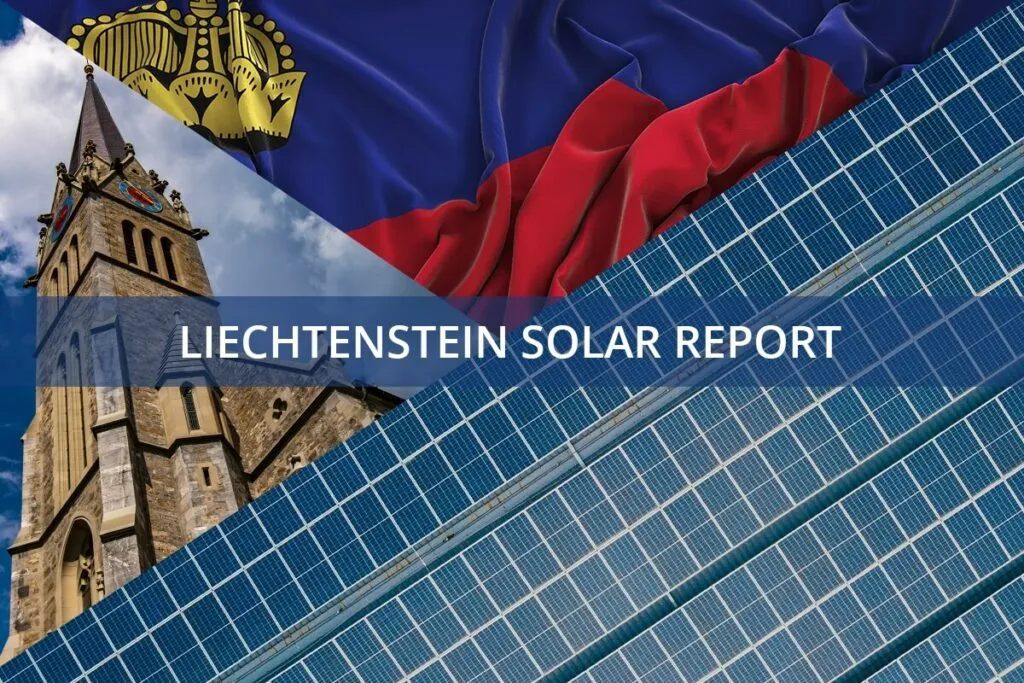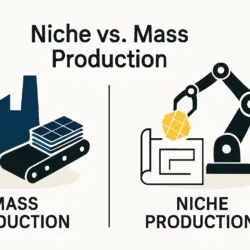Why Europe solar battery projects are Powering the Future
By 2025, hybrid solar-battery projects are solidifying their position as a cornerstone of Europe’s energy transition. This significant trend is propelled by critical advancements in solar technology and the increasingly vital integration of battery storage solutions. These combined systems, which pair solar power generation with on-site battery storage, are delivering enhanced energy reliability, crucial grid stability, and significantly improved economic returns. As Europe, and particularly Germany, doubles down on its renewable energy and decarbonization goals, the adoption of hybrid solar-battery systems is accelerating at an unprecedented rate.
Solar and Battery Storage Integration in Europe solar battery projects
The synergy between solar power and battery storage is the central driver of this movement. This integration allows for the efficient capture of solar energy during peak production hours—typically midday—and its storage for later use. For homeowners and businesses, this means a consistent and reliable energy supply, even when the sun isn’t shining or during peak evening demand. This capability is especially important across Europe, where fluctuating energy demand and the intermittent nature of solar power present ongoing challenges to grid stability. By storing excess solar power, these systems reduce reliance on the grid, increase energy independence, and can even provide backup power during outages. Advanced software platforms are now making this coordination between panels, batteries, and the grid more intelligent, turning individual systems into active participants in a more resilient energy network.
Advancements in Solar Technology for Europe solar battery projects
The continuous evolution of solar technology has been a major catalyst for the growth of hybrid projects. The development of more efficient solar panels means more power can be generated from a smaller footprint, making installations viable for a wider range of properties. Innovations in the solar panel manufacturing process and the selection of high-quality solar panel raw materials have led to these gains in efficiency and durability. Beyond traditional rooftop installations, innovative designs like floating solar farms are expanding the possibilities for solar deployment. These technological leaps make it possible to harness solar power in diverse geographic and environmental conditions, further cementing its role in our energy mix.
Economic Viability of Europe solar battery projects
The economic case for hybrid solar-battery projects has never been stronger. A key market dynamic is the decline in prices for solar Power Purchase Agreements (PPAs), which fell to an average of €34.25/MWh in late 2025. While this makes solar energy cheaper, it also reduces the profitability of selling excess power directly to the grid during peak sunshine hours when prices are lowest. This is where batteries become essential. By storing cheap solar energy and discharging it when grid prices are high, these systems maximize the value of every kilowatt-hour produced. For homeowners in Germany, this translates to lower electricity bills and protection from rising energy costs. The declining cost of battery technology, coupled with the overall solar panel manufacturing plant cost breakdown showing reduced production expenses, makes the upfront investment in a hybrid system more attractive and financially sound than ever.
Policy Support and Decarbonization Goals for Europe solar battery projects
Strong policy support and ambitious decarbonization targets across Europe are providing a powerful tailwind for hybrid solar-battery projects. In Germany, the Renewable Energy Act (EEG) continues to drive the expansion of clean energy. The German market for battery energy storage systems (BESS) is expected to exceed €3.8 billion in 2025, reflecting the massive investment in this technology. These government policies, combined with a collective push towards a sustainable energy future, create a fertile environment for hybrid systems. They are recognized as a critical tool for reducing carbon emissions, stabilizing the national grid as more renewables come online, and empowering consumers to take an active role in the energy transition.
As these trends converge, it’s clear that the future of renewable energy is not just about generation, but also about intelligent storage and management.
Ready to dive deeper into the world of solar technology? Explore the fundamentals and get started on your own solar journey with our free e-course.



